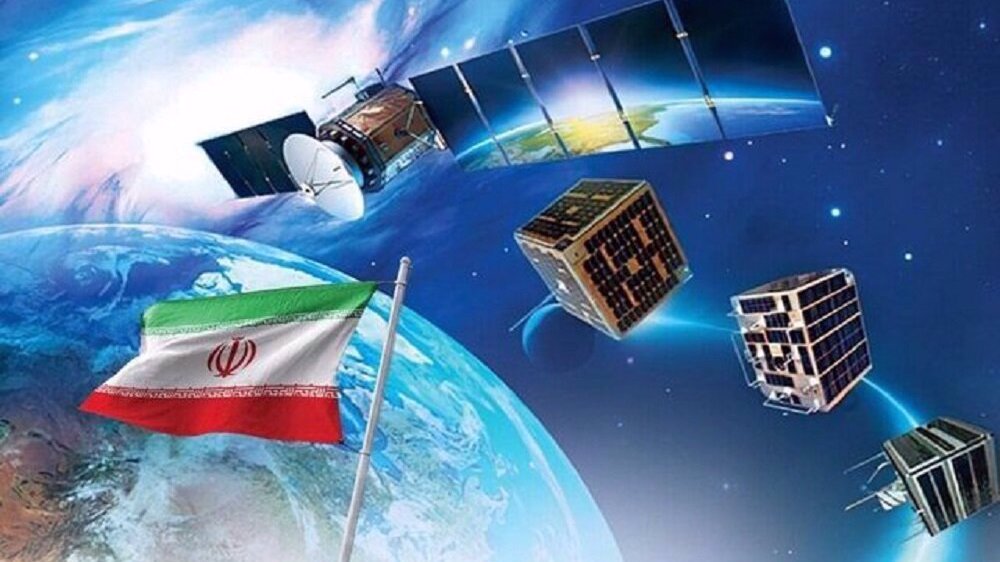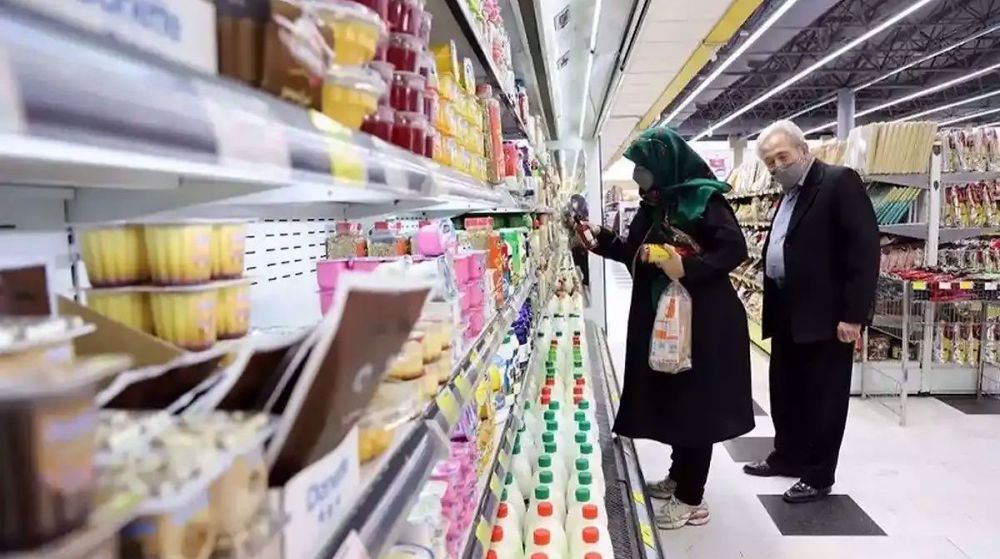Iran acquires technology to use household wastewater for farming
An Iranian official says the country has acquired the technology to convert wastewater produced by households to agricultural water, which can be used for farming.
Mostafa Qane’ei, secretary of the Headquarters for Developing Biotechnology at Iran's Vice-Presidency for Science and Technology, was quoted by IRNA as saying on Sunday that Iranian technicians have acquired technology to convert wastewater produced by residential units to farm water.
“The project has been completed by domestic specialists working with the headquarters in the field of water treatment,” he added.
The official noted that in addition to farming, the wastewater produced by residential complexes can be treated and used for irrigating greenhouses attached to those complexes as well as parks and other green spaces around them.
“The technology will make it possible for the country to greatly reduce the drinking water that is usually wasted for such purposes,” he said.
Qane’ei added that the household wastewater treatment system has been already in use in developed countries and its technology has been acquired by Iranian specialists who are willing to find new ways to save drinking water.
The official said negotiations have been carried out with Tehran Municipality in order to promote the use of this technology for conversion of the wastewater produced by households to agricultural water.
Water shortage has been a chronic problem in Iran and experts believe that acquiring the new technology will help the country cope with this challenge in a better way.
In mid-May, Iran’s Energy Minister Hamid Chitchian warned of possible water supply cuts and rationing in the summer, calling on the public to slash consumption.
Chitchian said Iran is grappling with a drastic reduction in precipitation, which has seen groundwater reserves deplete sharply amid a rise in temperature.
According to Deputy Interior Minister Esmaeil Najjar, more than 500 Iranian cities are struggling with drinking water shortage.
Hamas: Israel escalating ceasefire violations in Gaza
Venezuela's government declares unwavering unity behind Maduro
VIDEO | Global outcry over Venezuela president abduction
Iran keeps wheat import subsidies despite cutting other food supports
Venezuelan military stands with acting president after US kidnapping of Maduro
VIDEO | Press TV's news headlines
VIDEO | Protesters in Toronto slam US kidnapping of Venezuelan president
Israeli troops detain, intimidate Palestinian toddler in West Bank










 This makes it easy to access the Press TV website
This makes it easy to access the Press TV website